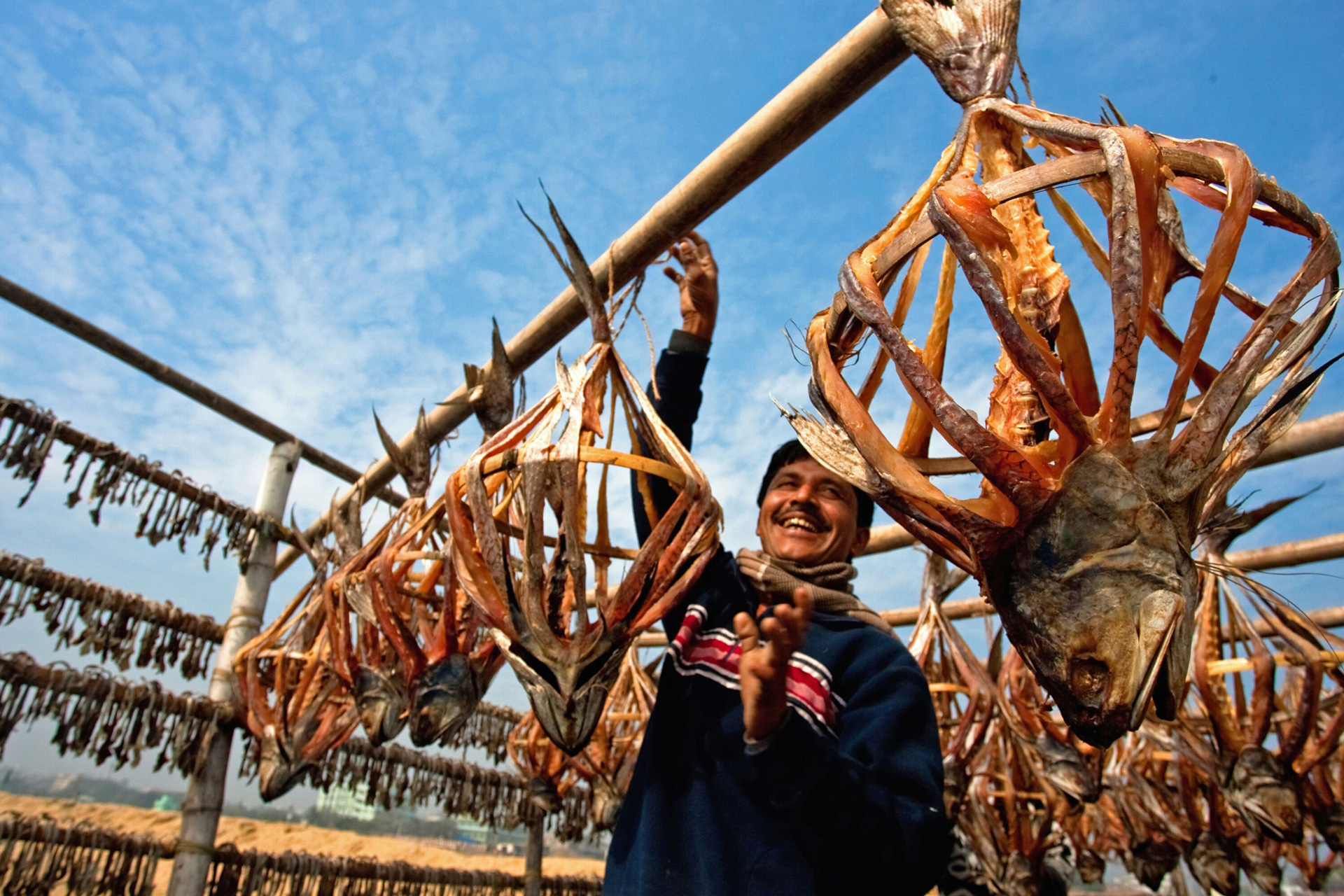CONFERENCE
On 7 September 2018, NpM hosted the conference ‘’Finance for Refugees; making it work’’. Almost 200 guests from over 20 countries came together to exchange knowledge and expertise, form partnerships and explore solutions on offering financial services to refugees. With almost 28 million refugees worldwide, the migrant crisis to date is one of the most urgent and compelling realities affecting the world. Most refugees have little to no opportunities to enter the economic system and integrate in society, amongst others, due to a lack of appropriate financial services.
NpM Conference Aftermovie
VLOG – Short Interview with Guests
MINUTES OF THE BREAKOUT SESSIONS
REPORTS AND PUBLICATIONS
Lack of access to financial services can represent a major impediment to income opportunities and economic welfare of individuals, particularly for the poor and vulnerable, and those engaged in the informal economy. Affordable access to financial services can help refugees cope with negative shocks, reduce exposure to risk, and stimulate economic activity at community levels.
In order to develop more inclusive financial markets it is necessary to address the specific constraints in each context that prevent an efficient match between demand and supply of financial services, limiting access, use and quality of available services. While legal and policy barriers remain, the biggest constraint to increased financial inclusion of refugees is a familiarity gap between refugees and FSPs, fuelled by ingrained stereotypes and preconceived ideas. The support system around FSPs, while growing, remains fragmented, and many FSPs continue to be constrained by a lack of (easy) access to the information, guidance and support needed to identify, assess, and potentially serve refugees as customers.
This state of play paper aims to provide a brief overview of the global potential market scope of refugees, and review the progress to improve access to finance by refugees in the past few years. Remaining barriers are briefly described, including policy clarity, relevant information, legal barriers, and funding. This list of gaps is by no means complete but it is hoped that the International Conference Finance for Refugees – Making it Work can contribute to filling the void.
Lack of access to financial services can represent a major impediment to income opportunities and economic welfare of individuals, particularly for the poor and vulnerable, and those engaged in the informal economy. Affordable access to financial services can help refugees cope with negative shocks, reduce exposure to risk, and stimulate economic activity at community levels.
In order to develop more inclusive financial markets, it is necessary to address the specific constraints in each context that prevent an efficient match between demand and supply of financial services, limiting access, use and quality of available services. While legal and policy barriers remain, the biggest constraint to increased financial inclusion of refugees is a familiarity gap between refugees and FSPs, fuelled by ingrained stereotypes and preconceived ideas. The support system around FSPs, while growing, remains fragmented, and many FSPs continue to be constrained by a lack of (easy) access to the information, guidance and support needed to identify, assess, and potentially serve refugees as customers.
This state of play paper aims to provide a brief overview of the global potential market scope of refugees and review the progress to improve access to finance by refugees in the past few years. Remaining barriers are briefly described, including policy clarity, relevant information, legal barriers, and funding. This list of gaps is by no means complete but it is hoped that the International Conference Finance for Refugees – Making it Work can contribute to filling the void.







